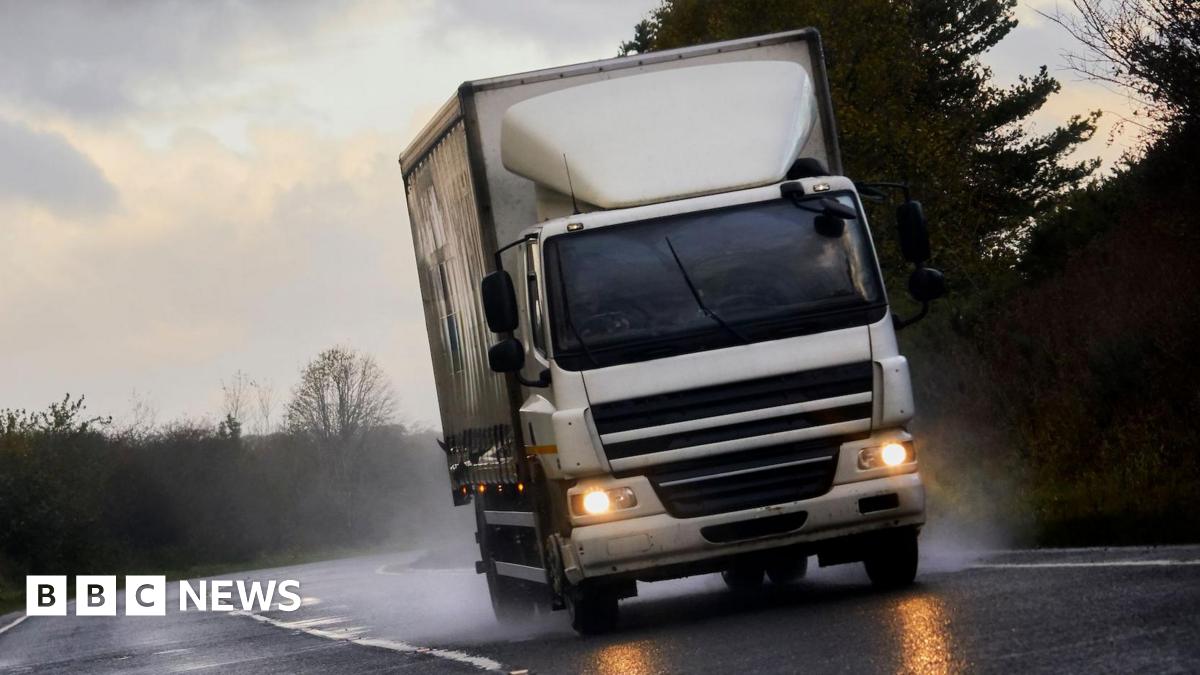Mr Mustata said somebody else had been using Zus Transport’s name on a subcontracting platform, and that they must have stolen the goods.
“The company is registered in my address. My own address. I’m living there. How you think, yeah, I was doing things bad to my own address?” he said.
He said the stolen load had “nothing” to do with him, adding: “It’s not my fault.”
Fraud lawyer Arun Chauhun examined the BBC’s findings and said the scheme targeting Alison appeared to be “well set-up”, involving identity fraud and deceiving Companies House, the government body that registers limited companies.
He said he thought there was a “kind of malaise that businesses can afford to take the hit” because they have insurance, but in reality crime such as this “damages individual lives, those people who own the businesses”.
But as for whoever is ultimately behind the crime, Mr Chauhun said: “I think they’re just thinking, well, the system’s never going to have the resource to catch up with us.”
Labour MP Rachel Taylor, who represents North Warwickshire and Bedworth where about one in five people work in logistics, said the BBC investigation “lays bare what I hear constantly from hauliers: that increasingly sophisticated crime gangs are having a huge impact on their businesses”.
She said it had “gone unrecognised for too long”, and called for a “joined up national policing strategy and more resources to tackle this issue, so we can put these organised criminals behind bars where they belong”.
Deputy Chief Constable Jayne Meir, the NPCC’s first lead for freight crime, said a new team at Opal – a police intelligence unit tackling organised acquisitive crime – would start targeting the issue next year.
But in the meantime, business owners such as Alison say crimes like these have a “massive impact”.
“We’re going home at night and we’re not sleeping,” she says. “Haulage businesses don’t make a lot of money and it only takes something like this and you’re out of business.”
